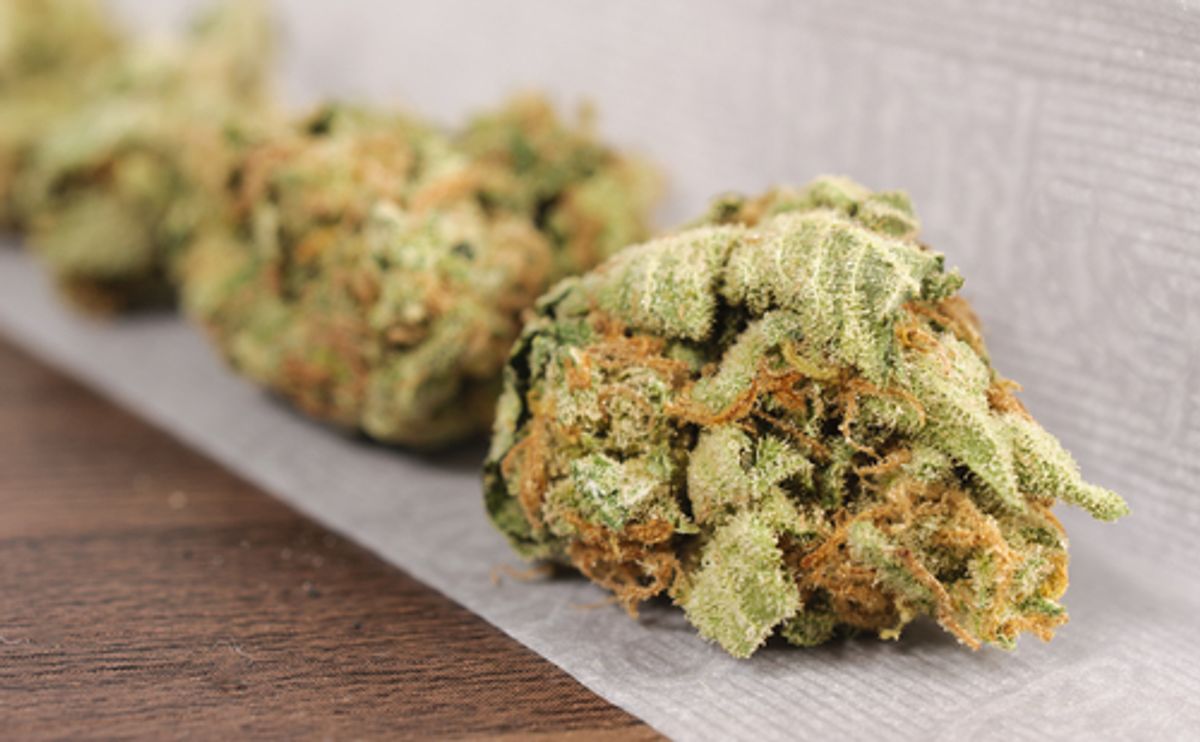On balance, Tuesday's elections brought good news for the national fight to legalize marijuana and end the ludicrous War on Drugs. Portland, Maine became the first East Coast city to legalize recreational pot in a largely symbolic referendum (the city is still beholden to federal and state laws that deem the drug illegal). Legalization advocates celebrated the result, however, suggesting it may be the first step towards state legalization, following the footsteps of Colorado and Washington.
In what could prove an historic announcement (depending on its practical application), the Justice Department in August bowed to states' decisions to self-determine the legal status of marijuana. The federal government, Deputy Attorney General James Cole stated in a memo, would not interfere with state level legalization decisions so long as tight controls are put in place to ensure minors are kept away from the substance and out-of-state trafficking deterred.
In line with this, legalization efforts have carried attendant measures to ensure that pot, when legalized, is heavily controlled and taxed. Voters in Colorado Tuesday, for example, approving a huge 25 percent tax on marijuana, paving the way for retail sales to begin next year. The tax, which is expected to add approximately $50 per ounce to the price of street marijuana, includes a 15 percent excise tax which will go towards school construction and a 10 percent sales tax, which will go towards funding pot policy enforcement.
As such, Tuesdays votes reflect a national pattern, in which ballot votes consistently show a preference for ending marijuana prohibition, but ensuring that efforts to do so bring some financial boom to the legalized states.
David Boyer of the Marijuana Policy Project commented on the Portland, Maine, recreational marijuana ballot, "I think there's national implications, keeping the momentum that Washington and Colorado started last November in ending marijuana prohibition... This is just the next domino."



Shares